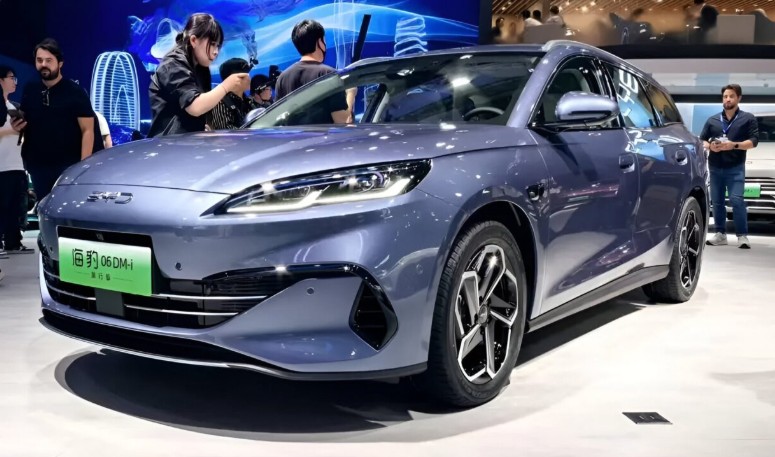
Snapshot
- Stellantis group CEO criticises impending Euro 7 emissions regulations
- Argues it is a u2018diversionu2019 to electrify petrol and diesel engines ahead of ban
- Sees Chinese car brands as the biggest threat
Stellantis CEO Carlos Tavares has doubled-down on criticising impending Euro 7 vehicle emission mandates as nonsensical.
“It is not helpful, it is costly, it does not bring customers benefits, it does not bring environmental benefit,” Tavares told Reuters.
“The ICE [internal-combustion engine] emission part is something which just makes no sense.”

The European Commission will enforce the stricter emissions standards from July 2025 for all new mass-produced cars, which includes lower exhaust pollution, tyre and brake emission limits, and assesses lifetime emissions.
However, the boss of the group – which has a portfolio of brands including Peugeot, Citroën, Opel, Fiat, Jeep, Ram, and Alfa Romeo – supports the particle emissions rule from tyres and brakes.

Australia’s best electric cars for 2023
We’ve tested nearly every EV below six figures in Australia to rank the best on sale today

Tavares previously labelled Euro 7 as a ‘diversion’ to invest in electrifying conventional combustion engines with mild-hybrid, hybrid or plug-in hybrid tech in the interim amid inevitably transitioning to full EVs-only when European regulators ban the sale of new petrol and diesel vehicles from 2035.
That’s despite the conglomerate already ramping up its offering of all-electric vehicles today, including the Peugeot e-2008, Fiat 500e, and Jeep Avenger.
“I don’t think Europe needs Euro 7… it is going to divert part of our research and development power to something we don’t need, while our Chinese competitors enter the market with the single technology of battery-electric vehicles,” Tavares told Reuters.

“Why are we using our resources for a technology we want to ban? It’s not common sense.”
Mazda Europe’s CEO Martijn ten Brink has recently come under fire by the Electric Vehicle Council by criticising the 2035 ban as forcing carmakers to adopt battery-electric technology.
The Council suggested Brink wants policymakers to slow down and have weaker emissions reduction targets instead.
We recommend
-
 News
NewsStellantis CEO believes politicians are driving ICE bans, not the industry
It's fair to say Tavares believes the market should decide on future fuels
-
 News
NewsStellantis Australia appoints former Holden exec as new MD
Group now to be led by Michael Filazzola as current boss retires
-
 News
NewsStellantis to pay $300 million after pleading guilty in US emissions cheating saga
A multi-year probe into FCA's emissions fraud has resulted in a plea deal by Stellantis




